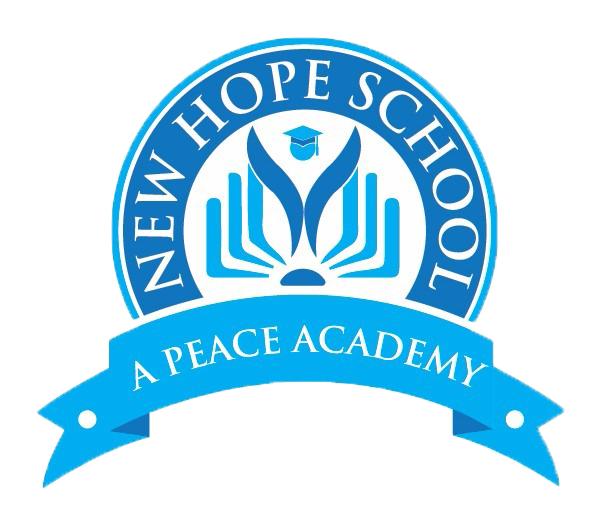Educating the Whole Child
By Mose Durst, Ph.D.
"If an unfriendly foreign power had attempted to impose on America the mediocre educational
performance that exists today, we might well have viewed it as an act of war." This famous quote from the 1983 study entitled A Nation at Risk is only partially true today. With charter schools and other strategies to improve PreK - 12 education, there are bright spots on the educational landscape. However, there is still a fundamental failure to educate the whole child, rather than merely improving test scores.
Under the sponsorship of the Aspen Institute, a new study has just been published entitled A Nation At Hope, with a conscious allusion to the earlier study. This new study provides a comprehensive analysis of how children learn, and recommendations of what actions we must take to insure that children do actually learn and flourish. Rather than focusing on improving test scores or rates of graduation, the present commission provides research and success stories about the social, emotional, and academic development of children.
Over a period of more than two years, a group of scientists, educators, parents, students, and community leaders interviewed hundreds of hundreds of people in like positions. A summary quote by this commission, which contrasts with the earlier quote in A Nation At Risk, explains that "social, emotional, and academic skills are all essential to success in school, careers, and in life, and they can be effectively learned in the context of trusted ties to caring and competent adults."
Viewing academic skills as an isolated element of student learning, our nation has promoted numerous programs to boost test scores: No Child Left Behind, Race to the Top, Common Core, and others. Little improvement has been the result. The new study reveals that academic learning takes place in the context of social and emotional learning. They are intertwined.
The research from the report "suggests that efforts to support social, emotional, and academic learning should be aligned across homes, schools, and communities because students benefit more
when they have consistent opportunities to build and practice skills. "So the focus is not only on the whole child, but also the whole environment. All institutions within a culture can play a part in nurturing young people.
We know, however, that families are weakened as a large number of women have children without a husband. Studies show that children born to these women will generally struggle more to be successful in school. Further, numerous books have described the breakdown of community ties, the most famous of which is Robert Putnam's Bowling Alone. So this reality places additional burden on schools and teachers to provide the care and nurture for students that they don't receive elsewhere.
The report recognizes that teachers will need additional training for teaching the whole child. This needs to take place not only in schools of teacher training, but also in the day-to-day working and collaborating with teachers. If the goals of the report are to be realized, there needs to be systematic, on-going training. Teachers are professionals, and they need the recognition of their status that they receive in other countries. Teachers, like other professionals, need to read books, attend conferences, and continually improve their effectiveness. And to be paid well for their training.
Finally, the report needs greater emphasis on the character goals of education. "We learn in order to serve" is the motto of my undergraduate college. Many schools have similar mottoes. We need young people to develop a character of compassion and care for others and for the environment. It is hard not to see that we are connected to one another and to the environment. Students need models of parents, teachers, schools, and communities that will help them become excellent human beings.
About the Author
Dr. Durst is President of The Principled Academy, a sister school of New Hope School, located in San Leandro, CA.
